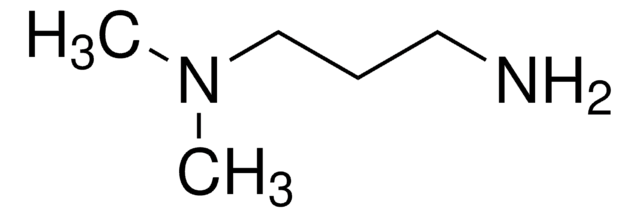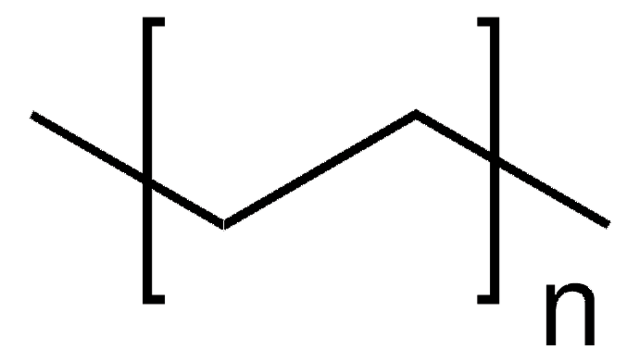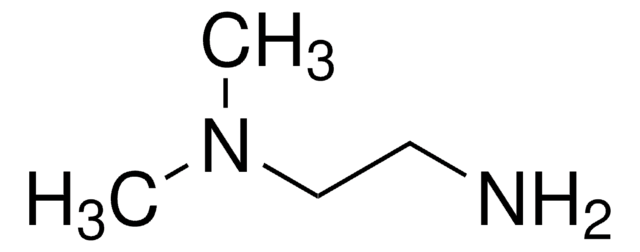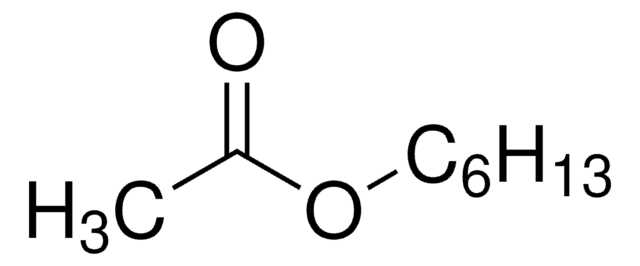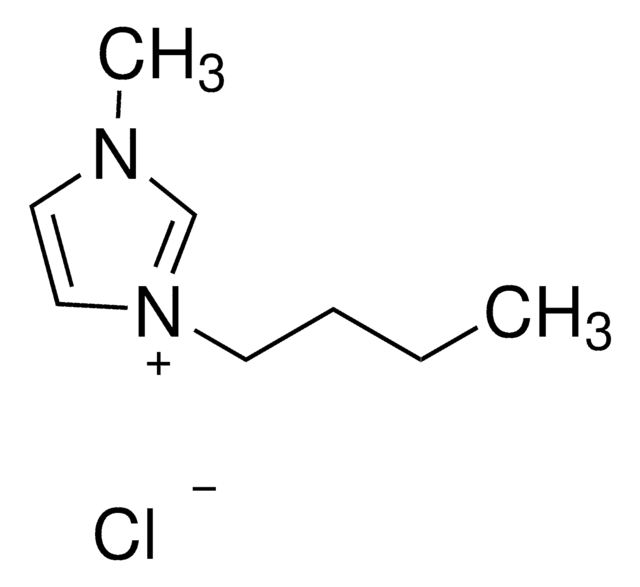All Photos(3)
About This Item
Linear Formula:
[CH2CH(C6H5)]n
CAS Number:
MDL number:
UNSPSC Code:
12162002
PubChem Substance ID:
NACRES:
NA.23
Recommended Products
form
beads or pellets
mol wt
average Mw 35,000
transition temp
softening point (ASTM E 28) 123-128 °C
density
1.06 g/mL at 25 °C
InChI
1S/C8H8/c1-2-8-6-4-3-5-7-8/h2-7H,1H2
InChI key
PPBRXRYQALVLMV-UHFFFAOYSA-N
Looking for similar products? Visit Product Comparison Guide
General description
Polystyrene is a high molecular weight synthetic polymer made from the polymerization of styrene. It is durable, thermoplastic, and hydrophobic in nature.
Application
Polystyrene(PS) can be used as a precursor to synthesize dye-doped fluorescent PS nanoparticles, which can be applied in the field of optical microscopy, cell tracking, and optical sensors.
It can be used to stabilize the perovskite component by forming PS-capped perovskite grains. This PS coverage can suppress the organic component evaporation, and water corrosion and promotes crystal self-healing of perovskite films.
Due to its optical clarity, low production cost, and ease ofmanufacture, it is widely used as a fundamental substrate for in vitrocell culture.
It can be used to stabilize the perovskite component by forming PS-capped perovskite grains. This PS coverage can suppress the organic component evaporation, and water corrosion and promotes crystal self-healing of perovskite films.
Due to its optical clarity, low production cost, and ease ofmanufacture, it is widely used as a fundamental substrate for in vitrocell culture.
Features and Benefits
- Thermal efficiency
- Durability
- Moisture resistance
Physical form
Bimodal.
Storage Class Code
11 - Combustible Solids
WGK
WGK 3
Flash Point(F)
Not applicable
Flash Point(C)
Not applicable
Personal Protective Equipment
dust mask type N95 (US), Eyeshields, Gloves
Choose from one of the most recent versions:
Already Own This Product?
Find documentation for the products that you have recently purchased in the Document Library.
Hiroyuki Yanagisawa et al.
Molecules (Basel, Switzerland), 23(4) (2018-03-23)
This study was conducted with the aim of achieving the simultaneous screening of various additives in polymer materials by utilizing a solvent-free pyrolyzer/thermal desorption gas chromatography mass spectrometry (Py/TD-GC-MS) method. As a first step to achieve this goal, simultaneous screening
Prasert Akkaramongkolporn et al.
AAPS PharmSciTech, 10(2), 641-648 (2009-05-20)
The differently sulfonated styrene-divinylbenzene cross-linked copolymer cationic exchange resins were prepared by oil-in-water polymerization and varied degrees of sulfonation. Several characteristics of the obtained resins were evaluated, i.e., Fourier transform infrared spectra, the ion-exchange capacity, microscopic morphology, size, and swelling.
Hui Xia et al.
Journal of colloid and interface science, 376(1), 322-326 (2012-03-27)
The aggregation kinetics of particles in dense polystyrene latex suspensions is studied by low-coherence fiber optic dynamic light scattering. Low-coherence fiber optic dynamic light scattering is used to measure the hydrodynamic radius of the aggregates. The aggregation kinetics data obtained
Harikrishnan Narayanan Unni et al.
Electrophoresis, 30(5), 732-741 (2009-03-05)
This study reports a theoretical and experimental study on the irreversible deposition of colloidal particles from electrokinetic microfluidic flow. The electrokinetic particle transport model presented in this study is based on the stochastic Langevin equation, incorporating the electrical, hydrodynamic, Derjaguin-Landau-Verwey-Overbeek
Iván A Hinojosa et al.
Marine pollution bulletin, 58(3), 341-350 (2009-01-07)
Floating marine debris (FMD) is reported from all oceans. The bulk of FMD are plastics, which due to their longevity cause multiple negative impacts on wildlife and environment. Identifying the origins of FMD (land- or sea-based) is important to take
Our team of scientists has experience in all areas of research including Life Science, Material Science, Chemical Synthesis, Chromatography, Analytical and many others.
Contact Technical Service
